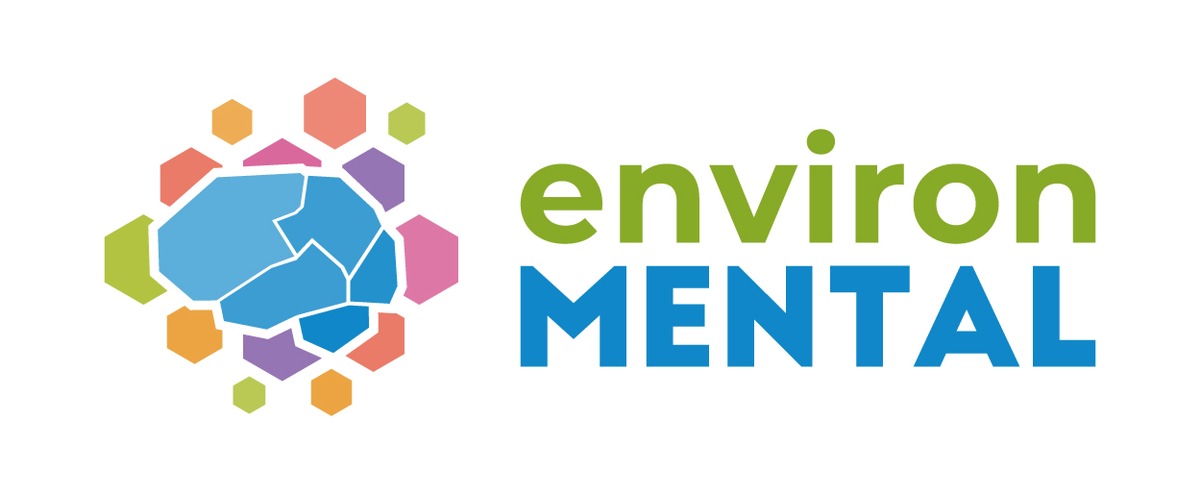Software Tools
Deep learning-based feature construction for population-based imaging data
DeepTaskGen: Volumetric-based CNN for Predicting Task Contrasts from Resting State Connectome
Repository: https://github.com/eminSerin/DeepTaskGen
Description: PyTorch implementation of DeepTaskGen, a convolutional neural network designed to predict whole-brain voxel-wise individual task contrast maps from voxel-to-ROI resting-state connectomes. The architecture adapts and further extends BrainSurfCNN (Ngo et al., 2022) for volumetric representation of the brain, incorporating features such as attentional gates and contrast-regularized reconstructive loss.
7T prediction of structural MRI data in the environMENTAL project
Repository: will be released upon acceptance of the manuscript
Description: This repository provides a PyTorch implementation of an approach that can be used to generate synthetic (predicted) 7T structural imaging data (P7T) from 3T images.
Normative modelling approaches for binding cohorts across the lifespan
Transfer of Normative models for evironMENTAL datasets
Repository https://github.com/predictive-clinical-neuroscience/environMENTAL_normative_models
Description: This repository disseminates pre-trained Normative Models for both structural and functional MRI. It includes the transfer and adaptation functions for Bayesian Linear Regression Normative Models, designed for deployment within a Docker container. A demonstration is included, along with links to download the pre-trained models.
Voxel-wise task-based Normative Models (Working Memory and Reward tasks)
Repository: https://github.com/eminSerin/tb-normative-models/tree/main
Description: This repository includes scripts to train and evaluate whole-brain voxel-wise normative models for brain activations under the reward processing and working memory tasks as well as the trained models.
Multi-block regression methods for linking environmental and biological data
Sparse Asymmetric Canonical Correlation Analysis for Data Exploration (saccade)
Repository: https://github.com/predictive-clinical-neuroscience/saccade
Description: The Sparse Asymmetric Canonical Correlation Analysis for Data Exploration (saccade) repository contains Python implementations of SCCA (two-view) and MSCCA (multi-view). The MSCCA method performs Multiview Sparse Canonical Correlation Analysis and . For instance, it can compute maximal hierarchical canonical correlations among three views of mental health–related data: behavioral scores, MRI-derived phenotypes, and environmental factors.
Sparsemodels
Repository: https://github.com/trislett/sparsemodels
Description: Sparsemodels imports the core RGCCA implementation of the R Penalized Multivariate Analysis (RGCCA) packageusing rpy2. It is used to perform sparse generalized canonical correlation analysis (SGCCA) with optimization for parallel processing. SGCCA uses one of multiple components to maximize the covariance among multiple datasets (called data-views) while imposing an L1 penalty. The package also includes optional functions for SGCCA-regression, permutation testing, bootstrap analysis, and variable stability selection.

